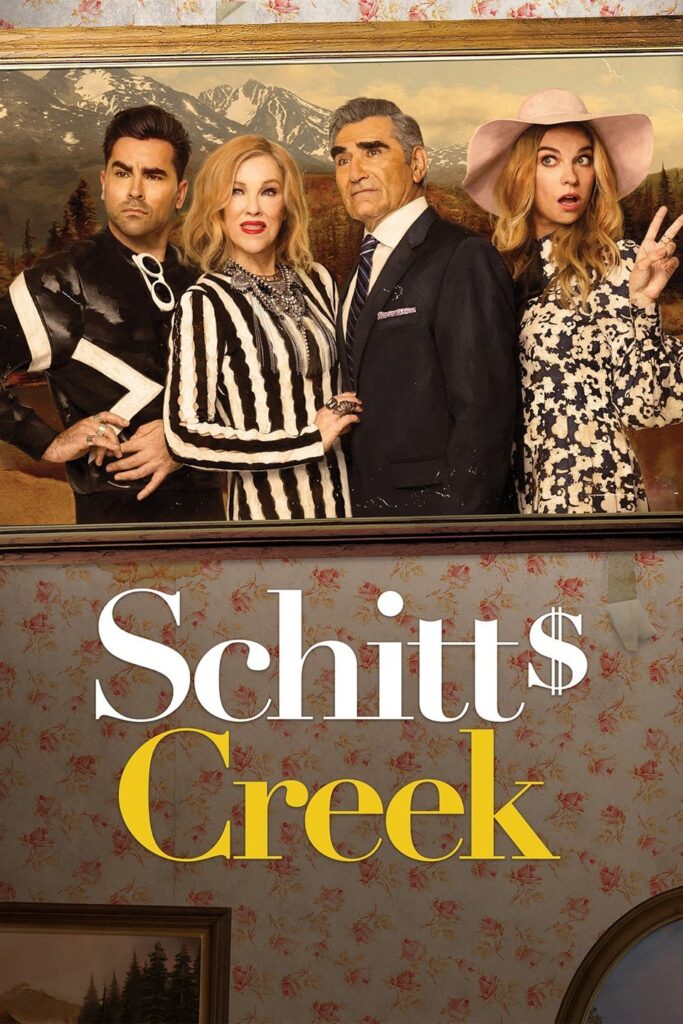
Along with the rest of the world, I have shamelessly binged many television shows over the past two years. And also, like many others, I finally began to watch the highly talked about show Schitt’s Creek.
As a queer woman, it is difficult for me to feel represented in film and television when queer characters’ storylines are often based solely on their queerness. However, I was pleasantly surprised with Schitt’s Creek compared to others.
LGBTQ+ representation in media is much higher than it used to be. According to a GLAAD report, 80% of films with an LGBTQ+ character in 2020 gave the character more than ten minutes of screen time. However, the problem with representation is that there is a difference between presence and representation.
2018 saw the release of the film “Love, Simon,” a coming-of-age movie about a teenager coming out to his family and friends. While this film was a significant success, it was just another movie about coming out.
In 2020 “Happiest Season,” a lesbian Christmas film released on Hulu. I was super excited to see this movie because I thought there would finally be a cheesy Hallmark Esque film for queers. However, the entire film centers around coming out, nearly ruining the couple’s relationship.
Coming out stories are important, especially for those struggling with doing it themselves. But when you dwindle a character down to only their differences, it implies that there is nothing valuable outside of that. These characters are present in the film, but it makes you ask, are they being represented?
Schitt’s Creek created an atmosphere with no homophobia and perpetuated no negative stereotypes. The show begins with the Rose family losing their fortune. They were left with a town that Johnny, the father, had bought for his son as a joke for his 9th birthday. Throughout the series, you learn more about the characters, including one that is pansexual.
When David’s sexuality is brought up, he responds with an analogy between dating and wine. “I like all kinds of wine. Red wine, white wine, pink wine”. The concept of sexuality was put into terms I had never heard before. An approach so simple but so meaningful. And most importantly, it was the only time his sexuality was ever mentioned.
And it is not just me who feels this way about the show. In the documentary “Best wishes, warmest regards,” Daniel Levy and the rest of the cast discuss the show’s effect on the LGBTQ+ community. Levy received a letter signed by 1800 moms of queer children stating, “Your willingness to explore, inform and educate about LGBTQ people and their relationships in an entertaining but respectful and positive manner sets a tone that is often missing.”
The Director, writer, and star of Schitt’s Creek made a utopia for queer people, a safe place in a town, so many of us came from. If more media can continue representing minorities in a safe space, society will change us. Instead of seeing us in the worst moments of our lives, witnessing the best.
